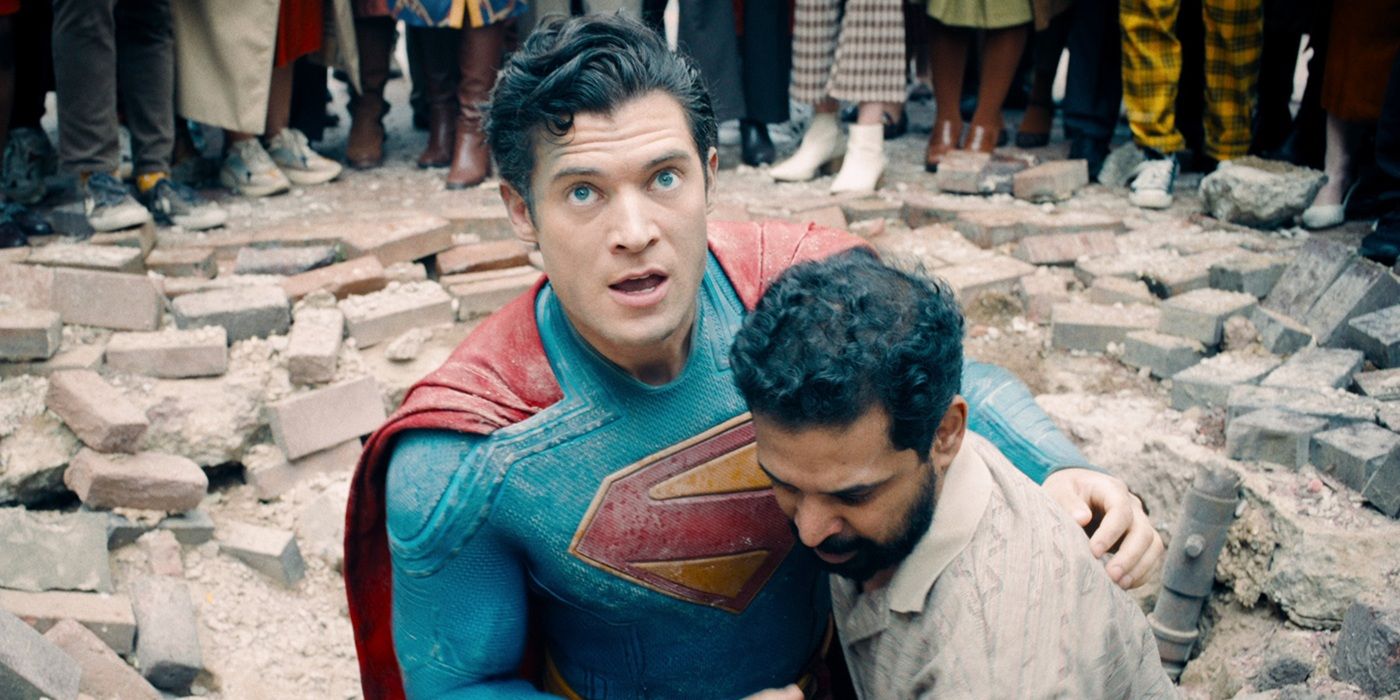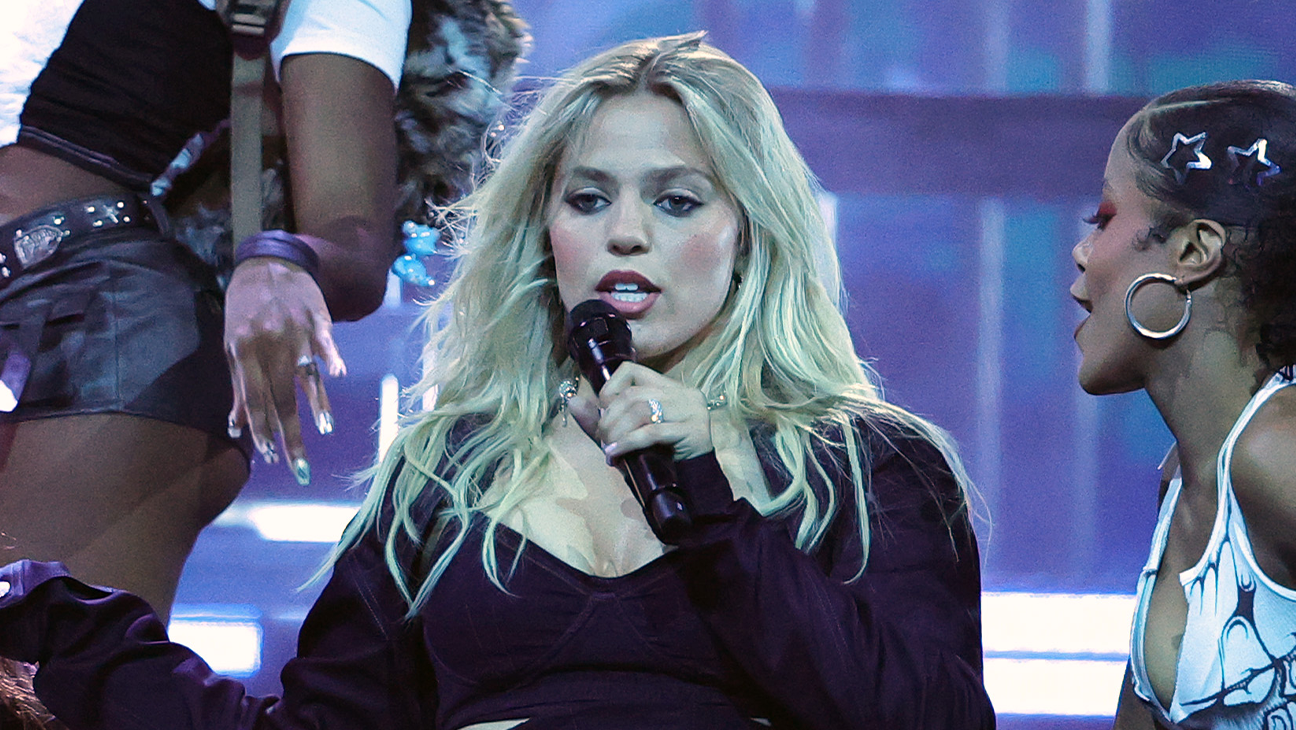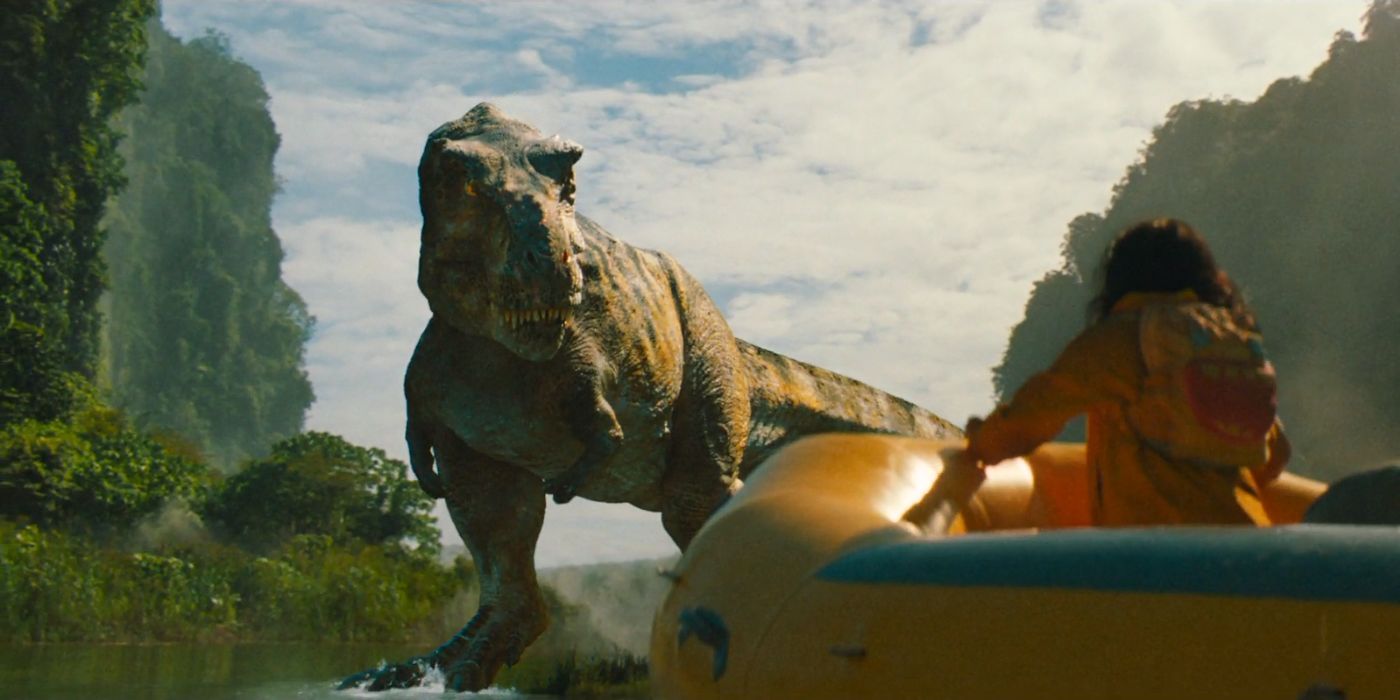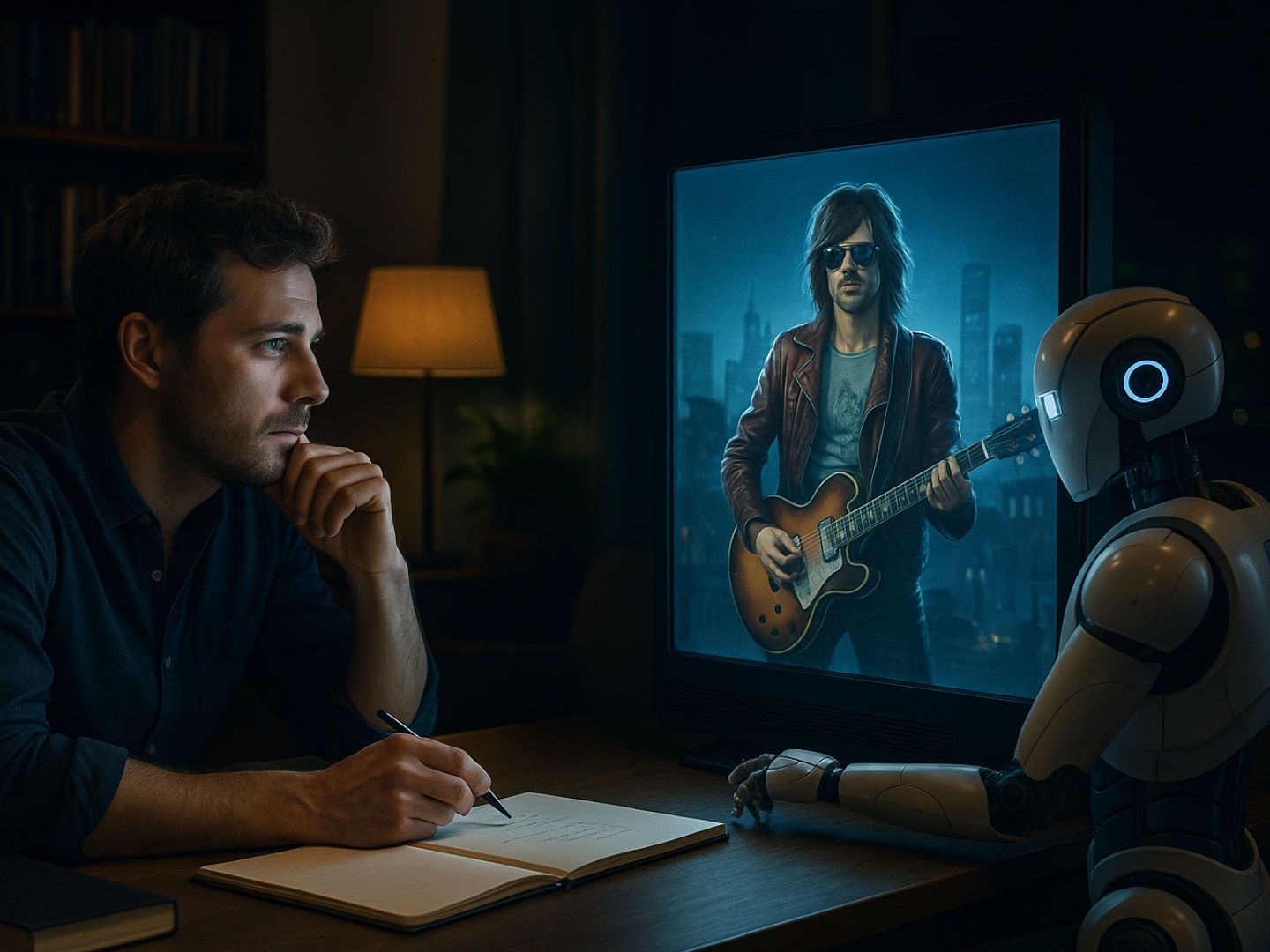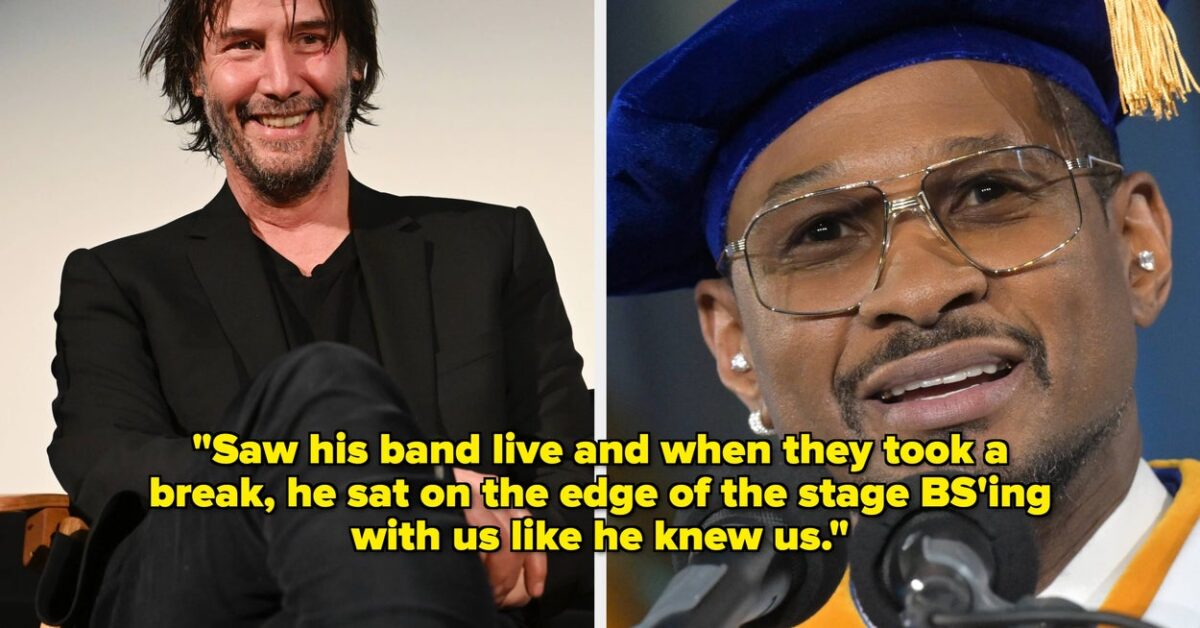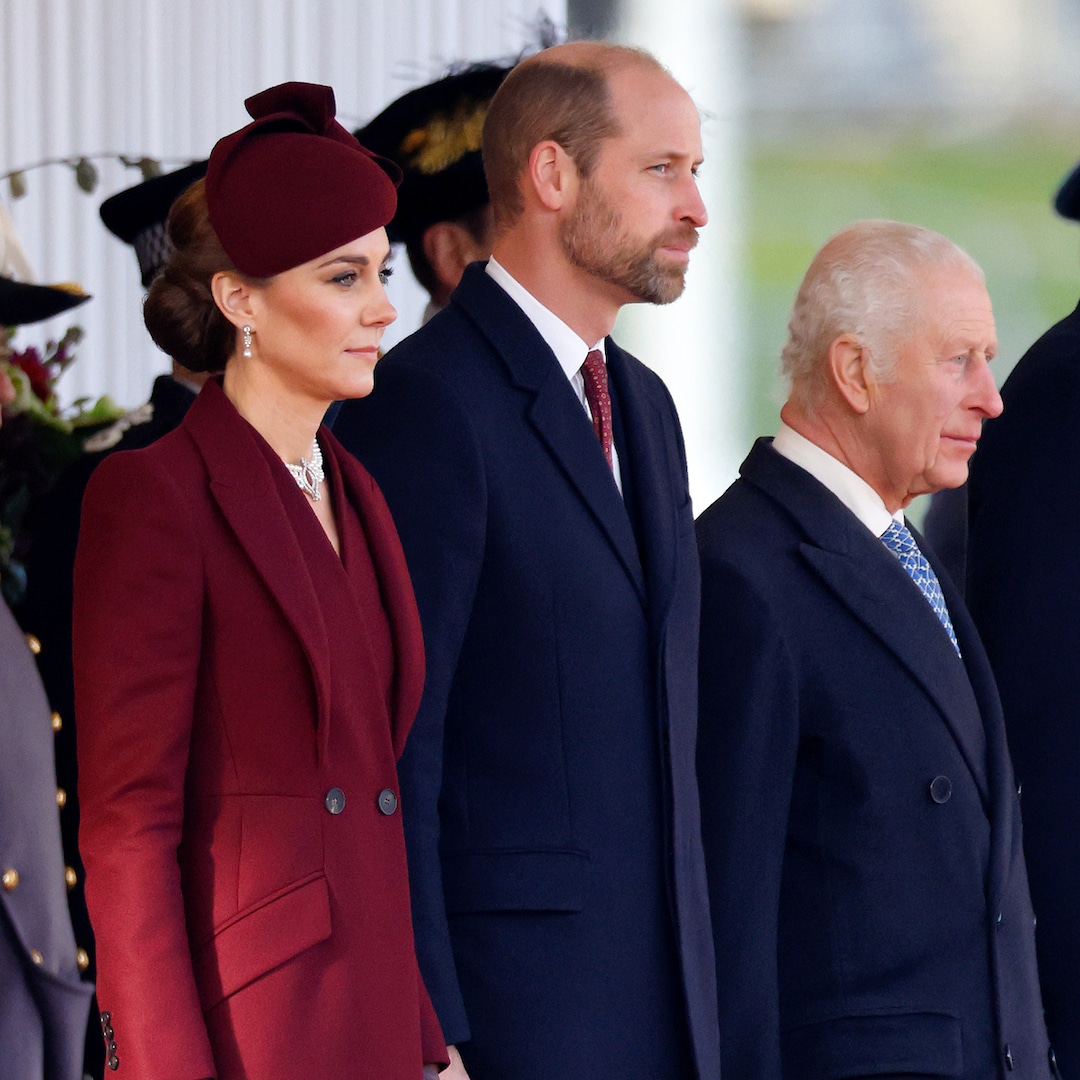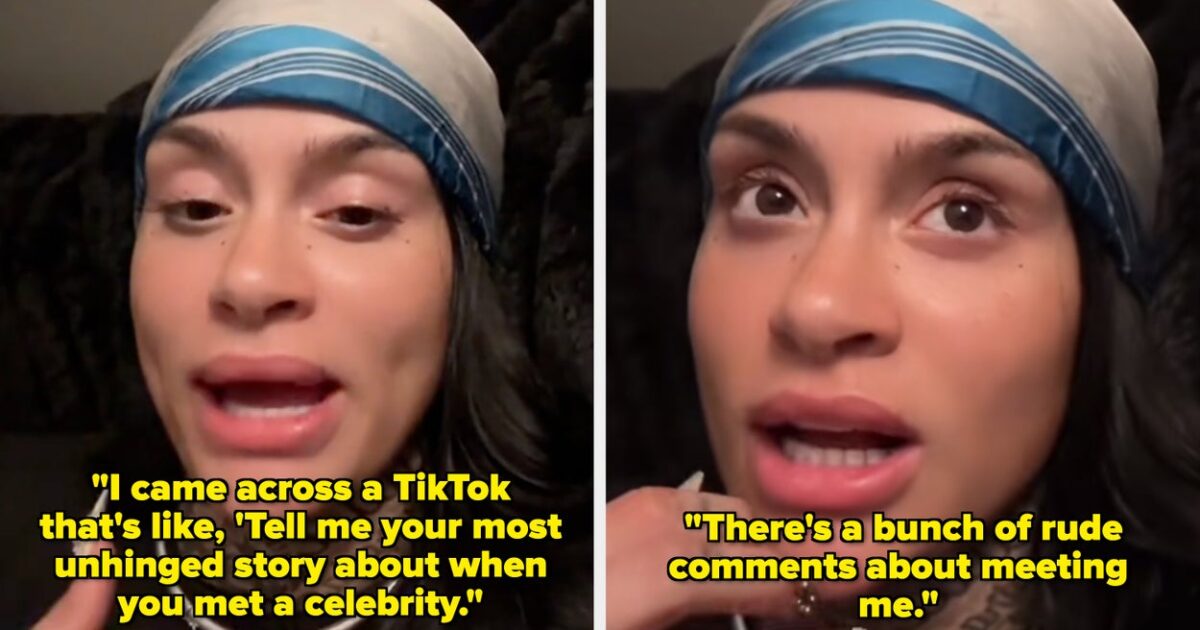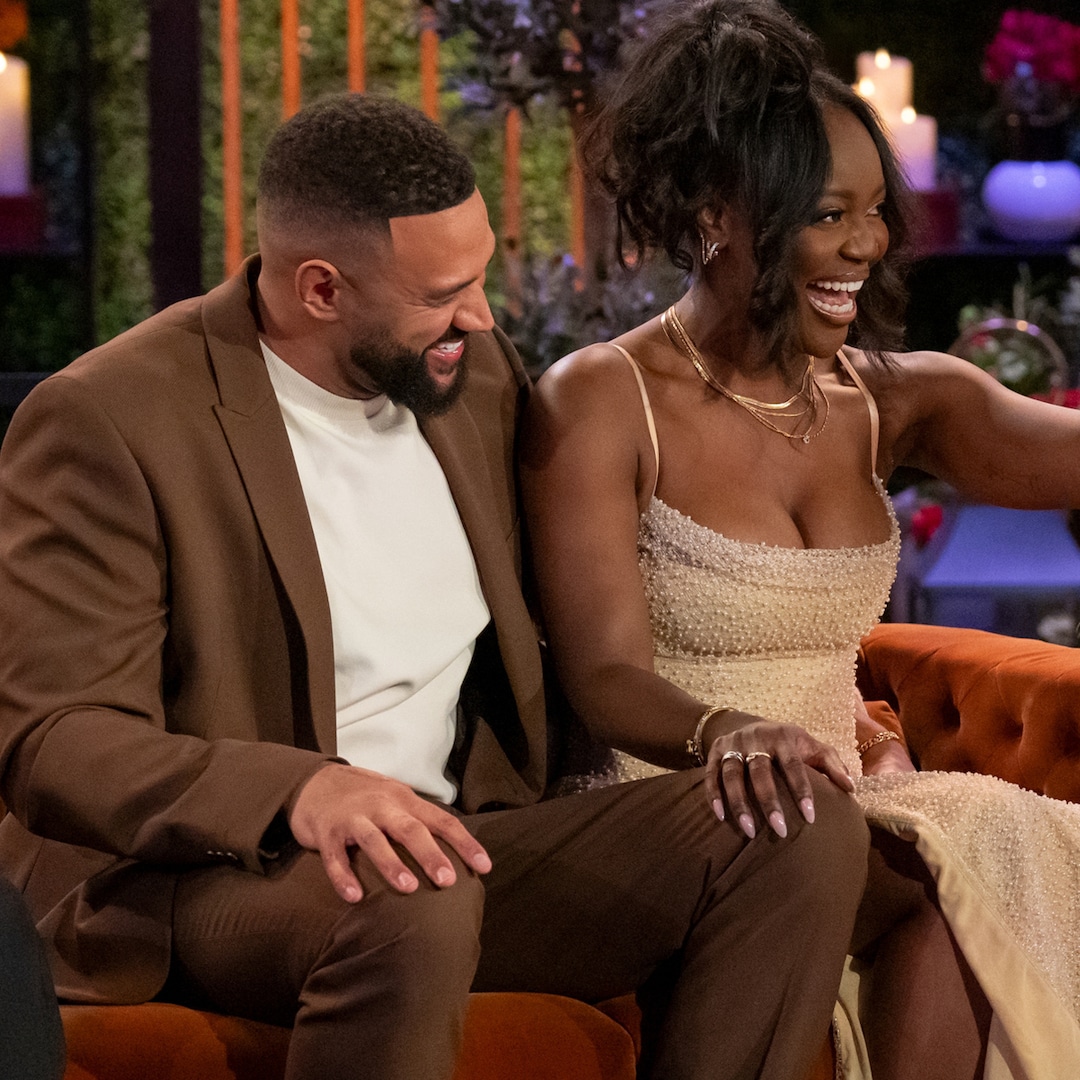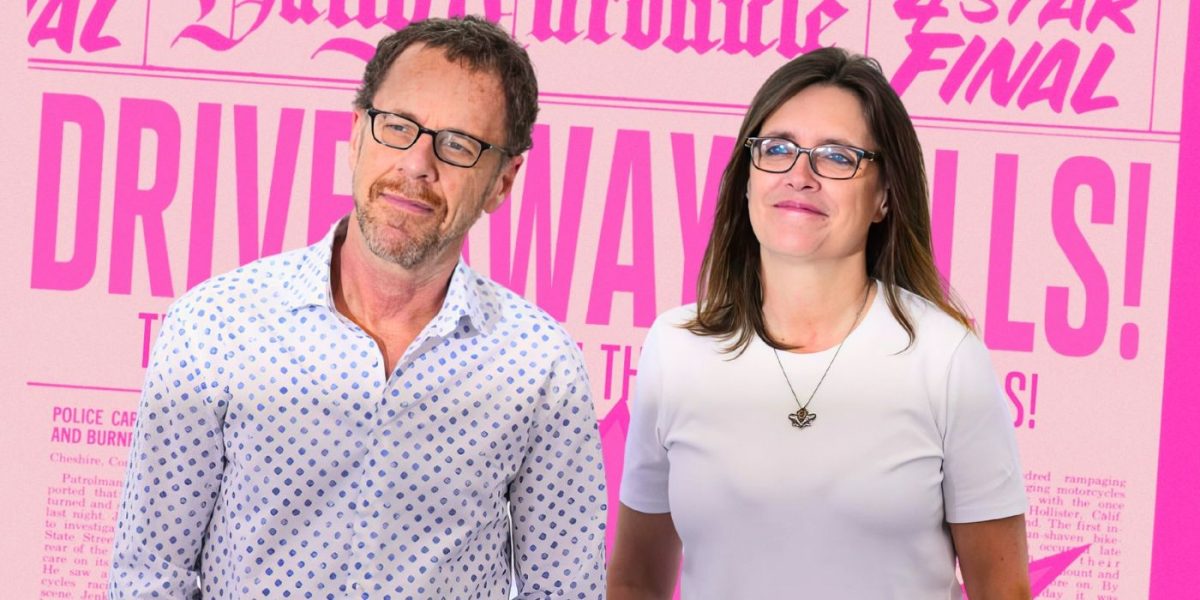
Ethan Coen Says ‘Drive-Away Dolls’ Has Something A Coen Brothers Movie Never Had
Jun 24, 2023
Drive-Away Dolls marks Oscar-winning filmmaker Ethan Coen’s first solo feature film since his rise to notoriety as one-half of the Coen Brothers alongside Joel Coen. Co-written with partner and long-time collaborator Tricia Cooke, the comedy thriller is set to open in theaters this fall, and with the long-anticipated trailer dropping today, Collider’s Steve Weintraub had the opportunity to speak with the co-writers and director about their process and what Coen Brother fans can expect from the film.
According to Coen, in regard to previous work, Drive-Away Dolls is most comparable to movie classics like O Brother, Where Art Thou? and The Big Lebowski, and is “filthy fun.” It’s a queer road trip “B movie” that follows Jamie’s (played by Margaret Qualley) post-break-up journey to a fresh start. Nursing her wounds from yet another split, the free-spirited Jamie and her uptight friend, Marian (Geraldine Viswanathan), take to the road en route to Tallahassee, but their plans are thwarted when they tangle up with a group of amateur criminals. The story is based on a screenplay Coen and Cooke penned together nearly 20 years prior, and during their interview, they discuss the ways the movie changed from conception to production.
COLLIDER VIDEO OF THE DAYSCROLL TO CONTINUE WITH CONTENT
Drive-Away Dolls’ impressive roster also features Pedro Pascal, Matt Damon, Colman Domingo, and Beanie Feldstein, and despite the time between writing and casting, the duo tells Weintraub the actors selected had no effect on the story, though they do reveal what did change. You can check out the full conversation below for more on how Coen distinguishes his solo directorial debut from his previous work with Joel, working with cinematographer Ari Wegner, the “queer trilogy,” and which of the Coen brothers filmed changed the most in the editing room.
Image via Focus Features
COLLIDER: Ethan, the last time I spoke to you was in 2009 for A Serious Man, so I do appreciate you lifting the restraining order.
ETHAN COEN: [Laughs] You’re welcome!
I have a ton of questions for you guys, and I really want to say thanks for talking with me today. The trailer looks fantastic, and I can’t wait to see the movie. Ethan, you have an amazing resume; for a new generation of film fans, someone who’s never seen anything you’ve done, what’s the movie or the thing you’d like them to start with and why?
COEN: That’s interesting. It’s such a weird way to think about it because you send the movie out there, and you let the chips fall where they may. You know what? Here’s an answer, since you’re writing about this movie, I would say to somebody reading this, The Big Lebowski or O Brother, Where Art Thou? In terms of feel, you kind of go, “Okay, those feel kind of like this one.” You know what I’m saying? I would not refer them to Barton Fink. [Laughs]
TRICIA COOKE: I would say Raising Arizona. I would say [Drive-Away Dolls] has more of a kind of wacky, absurd Raising Arizona thing.
COEN: Although, that said, in their resemblance, me and Joel [Coen] couldn’t have made this movie. The main characters are two lesbians, and Trish is queer. It’s inconceivable that me and Joel could have made this movie. It’s whatever weird A/B combination of me and Trish, you know?
Image via 20th Century Fox
Trish, you have edited a number of Joel and Ethan’s films. Which of the films that you were involved with, that you worked on with Ethan and Joel, changed the most in the editing room in ways you didn’t expect?
COOKE: Oh boy, I guess O Brother, Where Art Thou? started as something that seemed to me to go in one direction and then, with all of the other elements kind of included during the editing process, just the soundtrack and how the movie was timed and all of those things, it changed the most from beginning to end. Not structurally so much because, I mean, with Joel and Ethan, very rarely do you go in and cut the movie and then say, “Oh, we have to take the end and put it in the beginning,” or kind of cut things up and cross-cut. It’s all very straightforward and it’s all almost always true to the script. But there were other additional elements in O Brother, Where Art Though? that I hadn’t expected, and they enhanced the movie in a way that was really exciting to watch.
COEN: It’s true. O Brother, Where Art Thou? was the first movie to have a completely digital intermediate, which sounds like a wonky technical thing, and I guess it is, but it actually does affect in a big way the identity of the movie, and cutting live music performances was a new exercise, pretty much new.
This movie, the action stuff—and there’s a lot of action stuff—and the sex stuff—and there’s a lot of sex stuff—are interesting cutting exercises if we want to talk specifically about cutting in weirdly different ways. Cutting a sex scene is…Joel and I have not done that! You go, “Huh!” [Laughs] It’s interesting.
I was going to ask how this film was different than a quote-unquote Coen Brothers movie, and I guess the answer is sex.
COEN: There are sex scenes!
COOKE: And it’s a queer movie. But aside from that, when you watch it you’ll say, “Oh, okay, this makes sense,” and you know it’s their body of work for sure.
COEN: Importantly, they’re fun sex scenes. I don’t know, it was important to say for some reason.
Ethan, I read that when you and your brother used to write together that you would just write scenes and then write more scenes, and eventually, the movie would find itself. I’m curious when the two of you were working on this screenplay, did you write a similar way, or did you have more of an outline and know where you were going early on?
COEN: Yeah, it was similar. We kind of go, “What would the beginning of a really good movie be?” Okay, there’s that scene. “What happens next? What makes sense next?” It’s the same process, not writing an outline first.
COOKE: We had plot elements that we knew we wanted to kind of follow through with, like there were places we knew we wanted to get to, but not how we would get there.
COEN: I mean, this one, again, it’s a good case in point—well, you haven’t seen the movie, it’s hard to talk about. Well, all I’ll say is it begins with a bang. You go, “Oh okay, that’s the beginning of the movie,” and then it proceeds in hopefully unexpected, interesting ways.
Image via Focus Features
I know this is a screenplay that you guys worked on a number of years ago, so how did this screenplay possibly get tweaked once you actually cast, or does that not happen with your screenplays?
COEN: Well, we don’t and did not, in this case. That doesn’t mean we don’t change anything, there are little changes. But we did a major, not even tweak, a rewrite, when—as we said, it was written like 20 years ago—when we went, “Okay, let’s actually make this movie,” we subjected it to a kind of serious rewrite. Once we’re on the set, it doesn’t get changed much.
COOKE: Certainly not after we chose the actors, we didn’t change anything specifically for them.
I’ve spoken to a million filmmakers, and what’s amazing to me is that there is no right method for making a movie. Ridley Scott will talk about shooting with six or eight cameras, or how Roger Deakins only has one camera and one shot. So I’m curious because you worked with a different DP than you’ve ever worked with on this film; how did that relationship correlate in terms of what you were finding on set? Was it always one camera? Was it coverage? How did this movie compare to the making of what you’ve done before?
COEN: Totally the same, totally one camera. It’s the only way we can think about it. Totally the same. Ari Wegner, the woman who shot it, is great, and that’s her way of thinking about this stuff. I know what you say about Ridley Scott and multiple-camera coverage, which is incomprehensible to me, given how good the movies look. I don’t know how that happens, but it happens somehow with Ridley’s movies. I mean, I don’t know how you light for multiple cameras, it’s just bizarre. It’s like you say, people do weird things and it works.
COOKE: We had storyboarded this movie, many, many years ago too. Right after we wrote the movie, we storyboarded it with a friend who we thought would be making it. I mean, we kind of went through the storyboards again and made new storyboards after we had rewritten it, but you know, it’s fairly true to the storyboards that we came up with. And that’s certainly how Joel and Ethan have always worked in the past, having storyboarded the entire movie and then been pretty true to the boards.
COEN: I gotta say, since we mentioned her, I gotta just say again how great Ari Wegner is. We met her because we saw The Power of the Dog, this movie she shot for Jane Campion, which looked beautiful.
COOKE: No, it was the opposite.
COEN: We saw Zola first, which is also just the polar opposite movie in terms of everything, but certainly in terms of how it looked so down and dirty, but great, and it was shot by the same woman, and we went, “Oh fuck, we gotta meet her.”
COOKE: We saw Zola, and it was shot in all these motel rooms, and there are a number of motel rooms in our movie, and we’re like, “Oh, this looks really great! We should look into this DP.” And then I think the next day it was just like she also just shot The Power of The Dog, and that was a gorgeous movie, so you know, lucky for us.
Image via Focus Features
I know it’s a little generic, but because the movie is not out yet, what do you actually want to tell people about the movie? What have you been telling friends and family it’s about?
COEN: We’ve been telling them it’s filthy fun, and no one’s contradicted us yet who’s actually seen the movie. And you can’t, because you haven’t even seen it! It’s like a romantic comedy.
COOKE: It’s a queer road trip movie. It’s a queer kind of caper that doesn’t take itself too seriously, and that’s very lighthearted and fun and kind of outrageous at times, perverse, sexual, all of those things. But emphasis on not taking itself too seriously.
COEN: And a little sex. You’ve gotta watch, or watch again, the beginning of Sullivan’s Travels, the discussion in the movie executive’s office. There’s the one guy who chimes in while they’re talking about what they want the movie to be, and one guy just keeps repeating, “And a little sex, and a little sex.” [Laughs]
Something I’m really curious about is this is your first time without your brother, so how do you make an Ethan Coen movie? How do you distinguish it from being a Coen Brothers movie? Did you purposely try not to do certain things or aim for certain shots, or was it sort of like, “This is just my DNA, it’s gonna come out?”
COEN: Oh, well, I don’t got to worry about distinguishing it, you do! I don’t worry about that stuff. I mean, me and Trish work on the movie— I don’t even know what to say, it’s actually a valid question but it totally stumps me. We work on the movie and then that’s what it is. [Laughs] It reflects our taste as opposed to mine and Joel’s taste, so it’s a different thing, but that’s what it is.
COOKE: The way that I describe it to everyone who’s asked is Ethan and Joel make highbrow movies and we make lowbrow movies.
COEN: Okay, that’s good!
I’m fascinated by the editing process because it’s where everything comes together. When you got in the editing room to cut this film, was this one of these things where it went through any sort of changes based on showing it to friends and family or because you realized in the editing room something happened, or was it pretty much exactly what you expected?
COOKE: We changed some of it.
COEN: And we did show it to people for notes.
COOKE: And made adjustments. I mean, we clarified things…
COEN: And a little sex.
COOKE: Yeah, and because this is my first movie and Ethan has never made a movie that has a fair amount of— There were just kinks we were trying to work out in terms of like, you know, the lesbian bars or whatever, and just showing more of that world. So we just added more stuff, you know, we added more things. We started out with a, I think, 71-minute movie [laughs], and got it up to…well, now it’s 83 minutes with credits. But I think both of our tendency is restraint, you know, to pull back on everything. Then we realized after showing it that we should just put all of the stuff in and see how it plays, and it helped.
COEN: And it still moves fast. But, you know, in that respect, it’s like the same process with Joel; we show it to people for notes just to see what’s working. You work on it with such focus at such an atomic level that you gotta actually show it to new people to get feedback about what’s actually working and what’s not. That’s always the case.
COOKE: Or what’s clear and what’s not. That seemed to be the bigger issue was just kind of clarity. You know, how are these people related to each other? That kind of thing.
Image via Polygram
I read that there are a lot of scripts that you’ve worked on through the years that never got made. I don’t know how true that is, but for the two of you, have you written other screenplays together that have sort of been sitting on the desk or ideas, and you’re like, “Oh, I think we’re gonna do another one, and it’s gonna be this?”
COEN: The latter. Yes… Or was that the former? Yeah, we have another one that we’re gonna do, and we’ve talked about, we’ve sort of half-written… we have other ideas, but one finished one. Yes, one finished script.
COOKE: Over the past 20 years, we’ve been writing this lesbian B movie trilogy. Not really a trilogy, but the idea was to write three queer B movies that I always thought would just kind of sit in the drawer and our kids would look at one day when they were old and get some laughs. And now we’ve made one of them.
COEN: And we have another one written. The problem with writing two is then you’re obliged to do a third because nobody does two. You gotta do a trilogy. I don’t even know the word for two corresponding to a trilogy.
Is the second one the next thing you guys are definitely going to do or is it a maybe?
COEN: Yeah, that’s definitely it.
Drive-Away Dolls is set for a theatrical release on September 22. Check out the brand-new trailer below.
Publisher: Source link
People Share Best And Worst Celebrity Experiences
Recently, I asked the BuzzFeed Community to share their best and worst experiences working with celebrities. Here's what they had to say: Note: Some of these responses have been edited and condensed for clarity. BuzzFeed can not confirm whether these…
May 28, 2025
Prince William, Kate Middleton, King Charles III Address Liverpool Crash
Prince Harry and King Charles III Are Not SpeakingHarry told the BBC May 2 that his father King Charles III won’t speak to him “because of this security stuff,” but added that “it would be nice to reconcile.” The Duke…
May 28, 2025
Kehlani Got Real About The Effects Of Their "Multiple Mental Illnesses" After Fans Accused Them Of Being "Rude"
Recently, a thread went viral on TikTok, where fans shared their less-than-pleasant experiences meeting a celebrity, with many claiming Kehlani was "rude" when they met.View Entire Post › Disclaimer: This story is auto-aggregated by a computer program and has not…
May 27, 2025
Love Is Blind’s AD Smith, Ollie Sutherland Expecting First Baby
Clay Gravesande and AD Smith: Not TogetherWhile Clay expressed his hesitation to getting married due to his own outlook on his father’s infidelity, AD reassured him that they would prevail as a couple and all seemed to be well between the two. …
May 27, 2025
